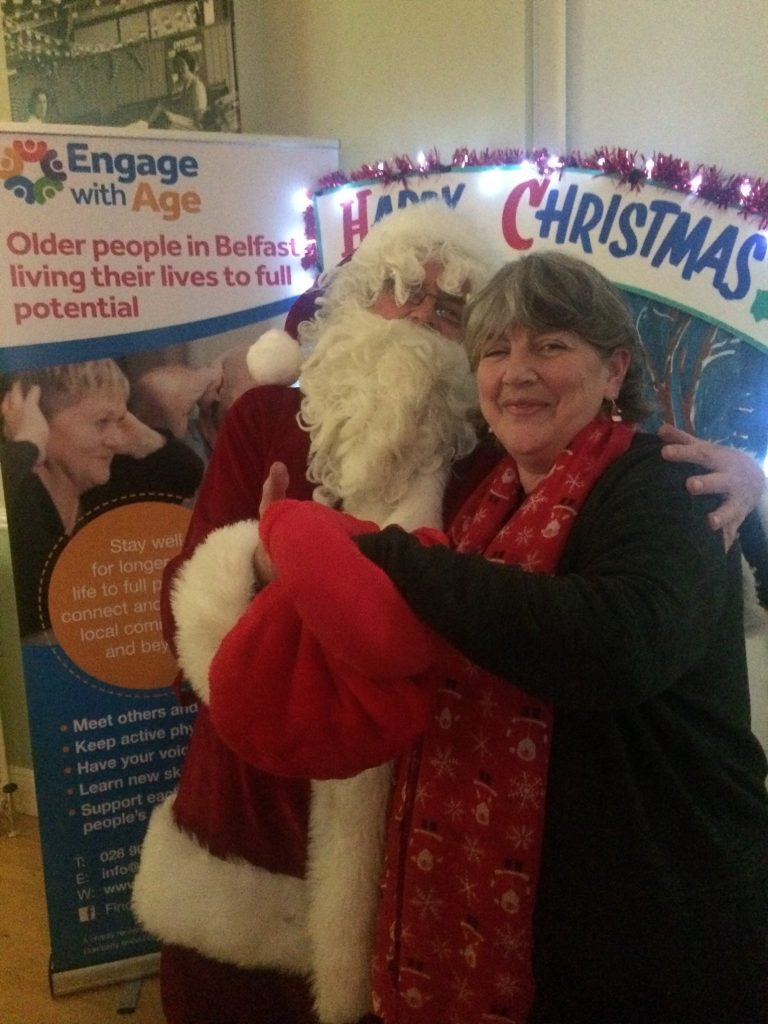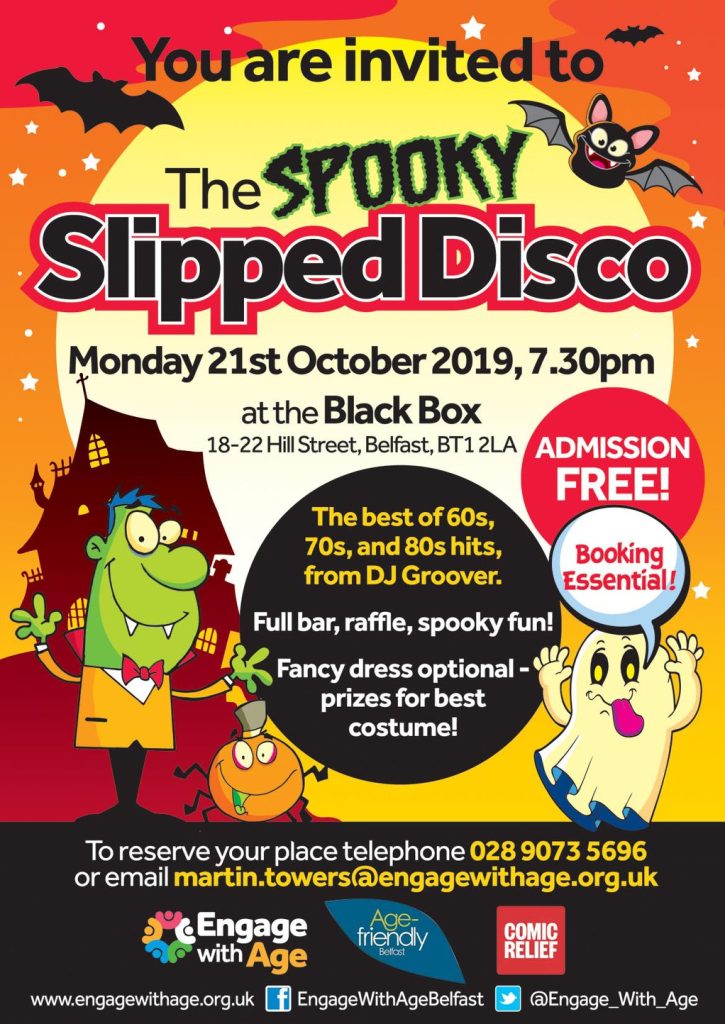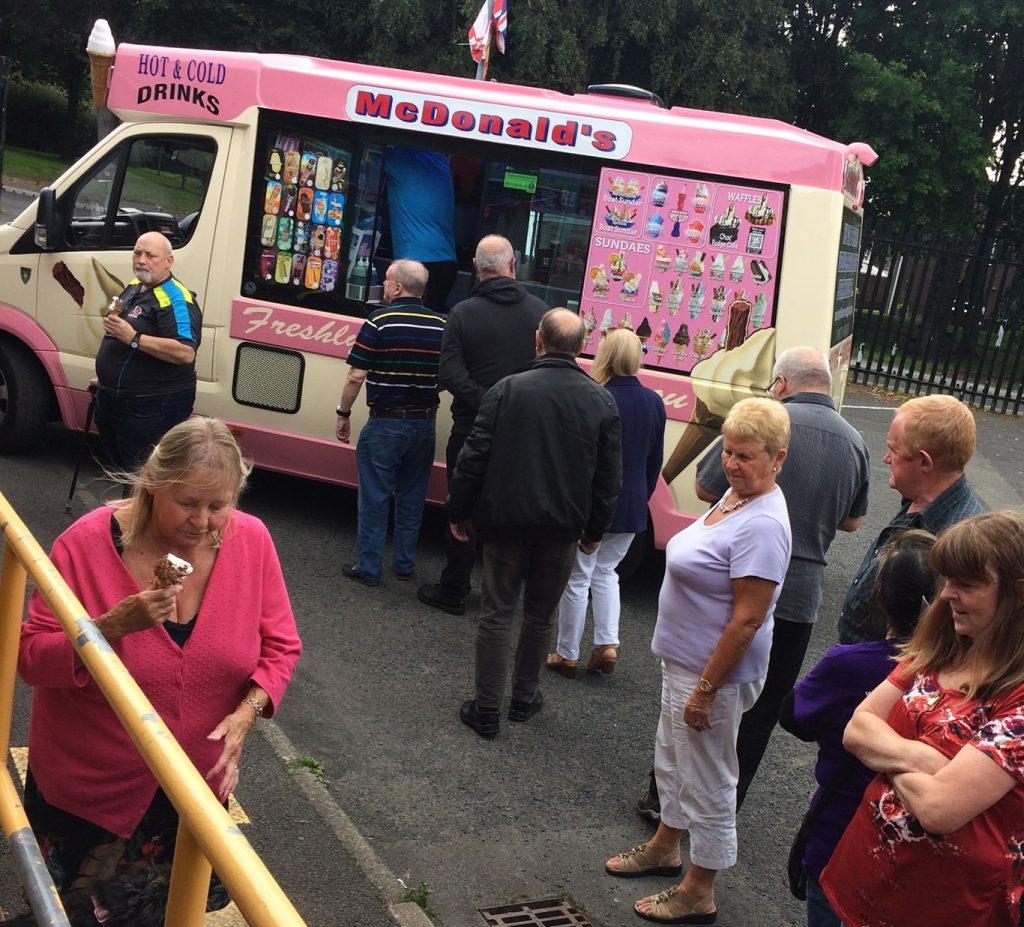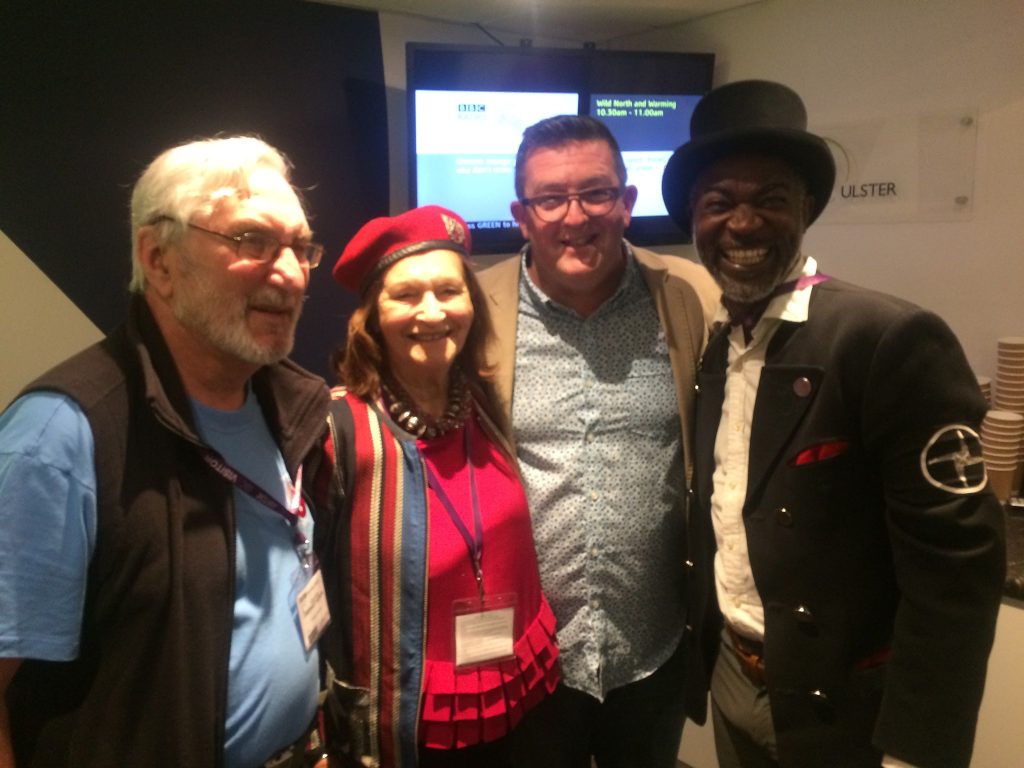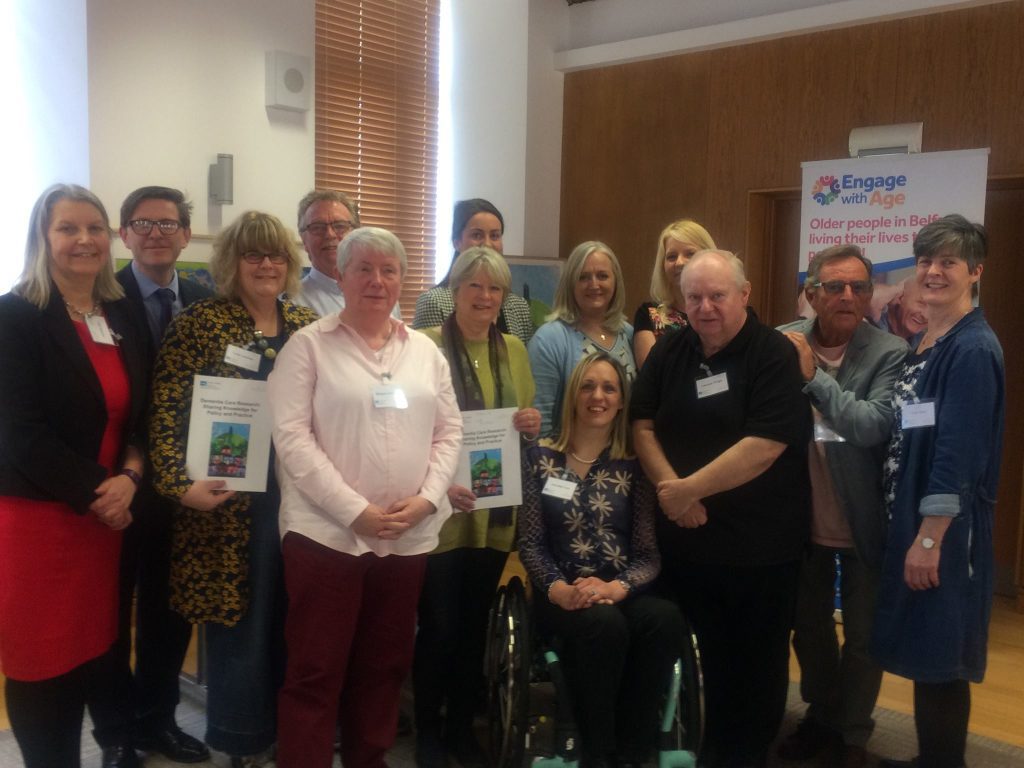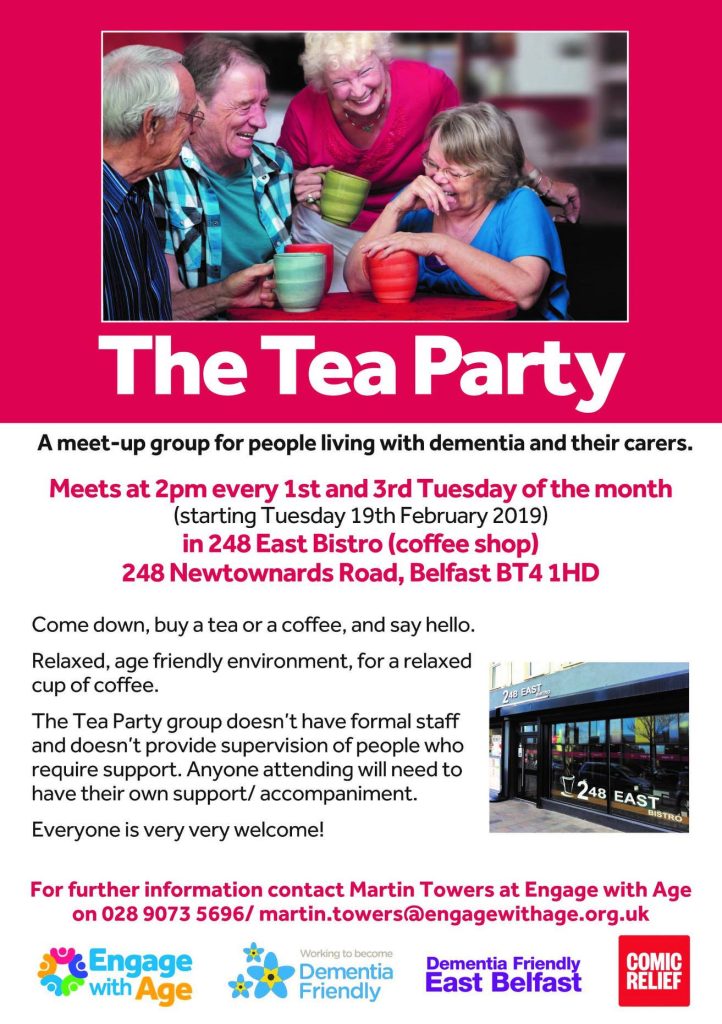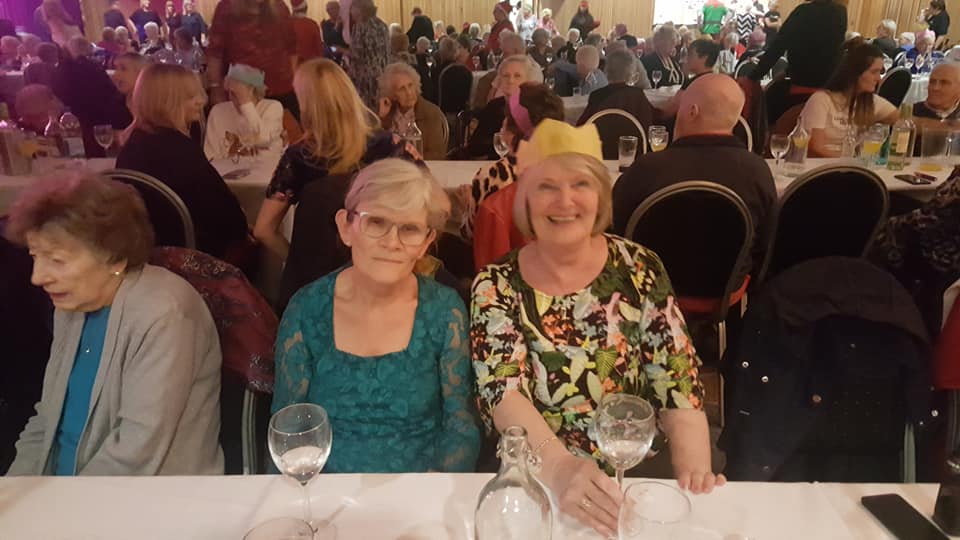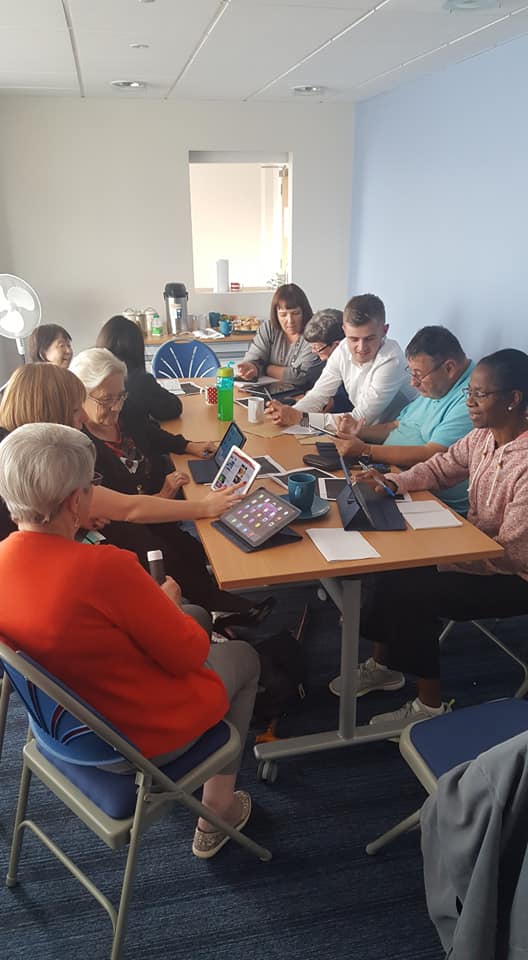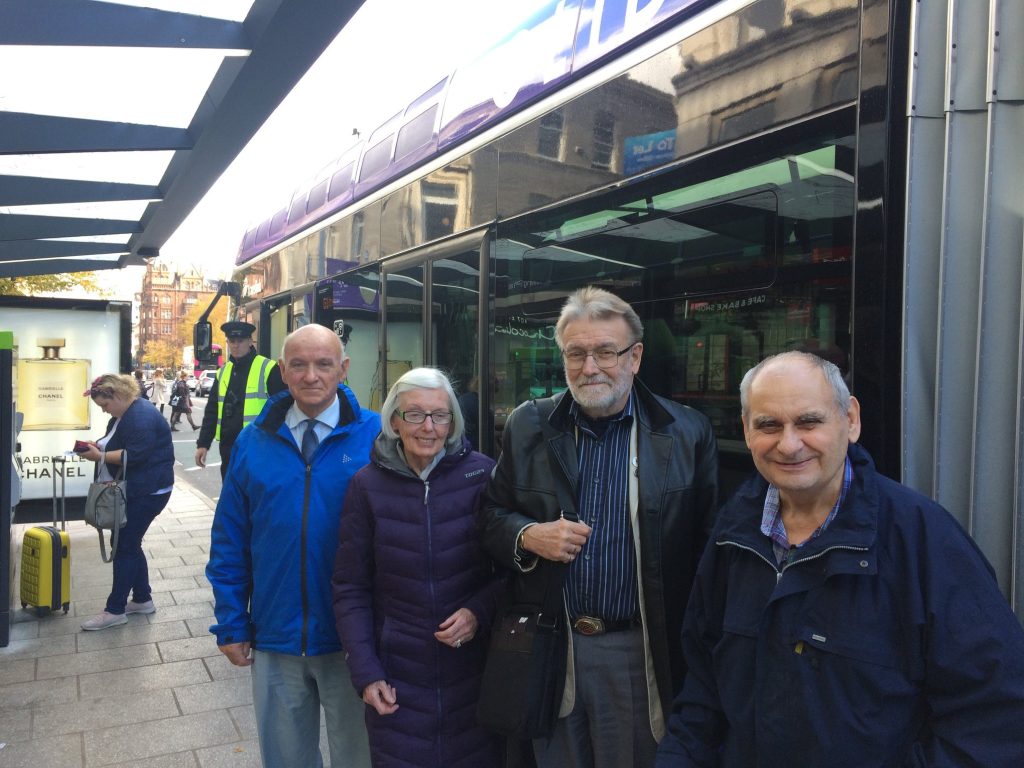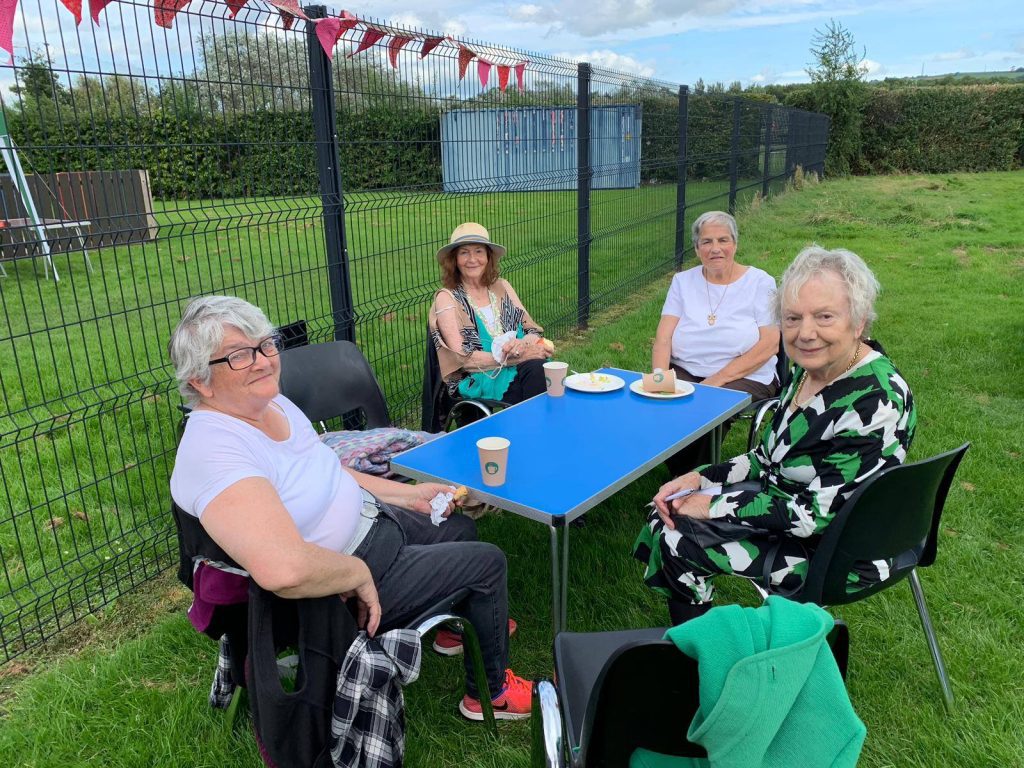
What better way to start the new year than getting out and about and enjoying activities with other people.
The PAL Project has a range of events and activities for older people who aren’t getting out as much as they used to.
Events and activities include: social groups, creative writing, t’ai chi, dance group and more.
To find out more, please contact Martin Towers on 028 9073 5696 or email martin.towers@engagewithage.org.uk

